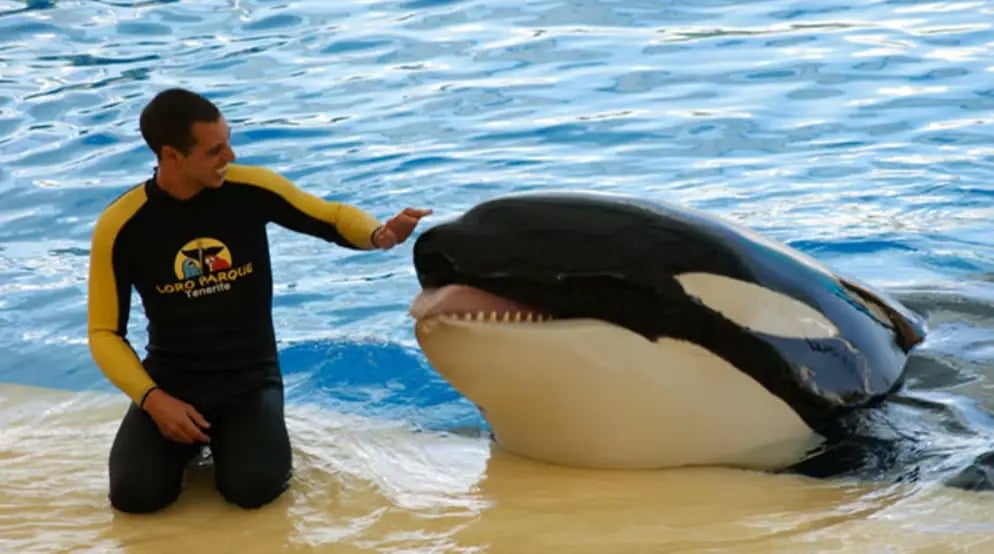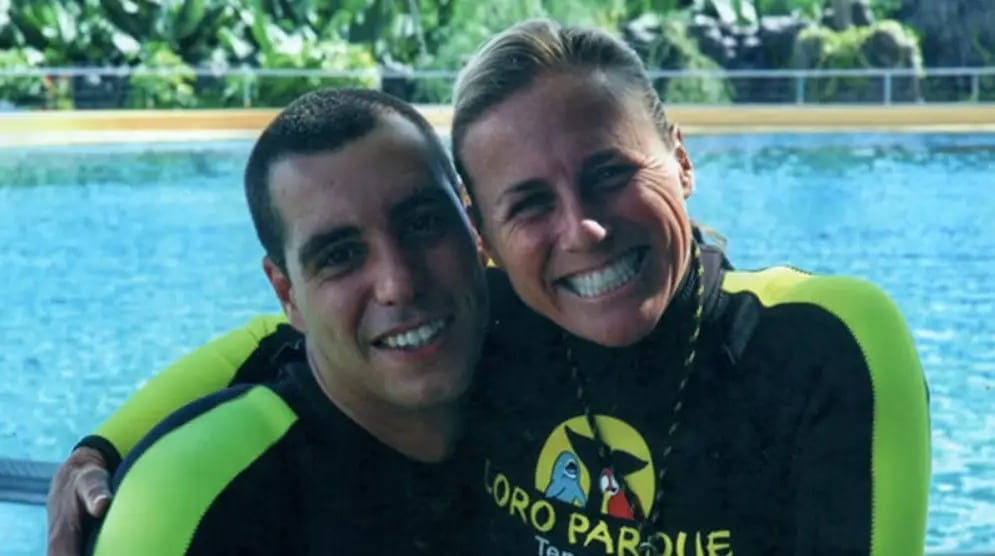Tragic Orca Attack Claims Life of Beloved Trainer Alexis Martinez
A devastating incident that shocked the marine animal community unfolded at Loro Parque’s Orca Ocean in the Canary Islands when 28-year-old Spanish orca trainer Alexis Martinez was fatally attacked by a killer whale during a Christmas show rehearsal.

The tragedy occurred on December 24, 2009, just two months before a similar incident took the life of SeaWorld trainer Dawn Brancheau in the U.S.
Martinez had spent years working with orcas, but in the weeks leading up to the attack, he reportedly voiced concerns about the animals’ changing behavior. According to his partner, Estefanía Luis Rodriguez, he noticed that the whales were becoming more aggressive, disobedient, and unpredictable.
The killer whale involved in the attack, Keto, was a 6,600-pound male born in captivity at a SeaWorld park in 1995. Keto had never experienced the ocean and was on loan from SeaWorld to Loro Parque at the time of the incident.

During a routine trick known as a “stand-on spy hop”—where a trainer stands on the orca as it rises out of the water—something went terribly wrong. Keto tilted to one side and, according to another trainer, deliberately placed himself between Martinez and the stage. As Martinez tried to swim away to a secondary pool, Keto ignored standard control cues and suddenly forced him underwater using his rostrum—the pointed tip of his snout.
What followed was a violent episode in which the orca reportedly played aggressively with Martinez’s body. Despite desperate efforts by the team to regain control of Keto and rescue the trainer, Martinez suffered fatal injuries, including internal bleeding, organ damage, and severe trauma.
The autopsy concluded that Alexis Martinez died as a result of “grave injuries sustained by an orca attack, including multiple compression fractures, internal organ tears, and bite marks.”
In response to the tragedy, SeaWorld temporarily suspended all in-water interactions with orcas at its parks.
Martinez’s death raised serious questions about the safety of working with captive killer whales and sparked renewed debate about the ethics of marine mammal captivity—a conversation that continues to this day.



